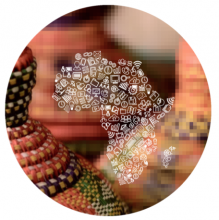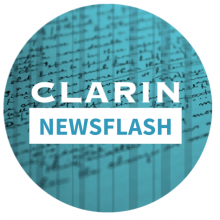Read the most recent CLARIN Newsflash: September 2019 here
News
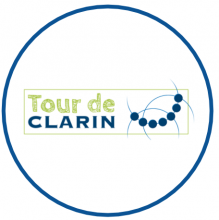
The e-magyar toolchain was developed in 2016 as a major collaborative effort across the Hungarian community. The rationale for it was based on a clear vision of an open, modular, extendable and easy-to-use pipeline for Hungarian, which was suitable for non-specialists and developers alike.

The multimodal HuComTech corpus aims to improve human-machine communication applications (like chatbots) by empowering them with a comprehensive set of knowledge about human-human communicative behaviour.
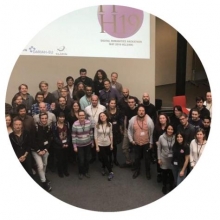
Read about the Helsinki Digital Humanities Hackathon #DHH19 in which students and researchers of humanities, social sciences, and computer science applied digital methods to a variety of datasets, with the goal of solving research questions in Social Sciences and Digital Humanities.
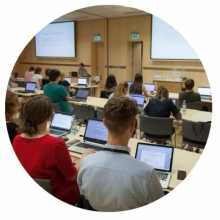
Read the blog post about the Second Baltic Summer School of Digital Humanities written by Anda Baklāne (National Library of Latvia, Head of Digital Research Services) who at times, asks herself whether it is fair to compare digital research to cooking.

The national CLARIN consortium for Hungary, HunCLARIN, joined CLARIN in 2016. The Research Institute for Linguistics was one of the founding partners of CLARIN and took an active role in the preparatory phase of the history of CLARIN.
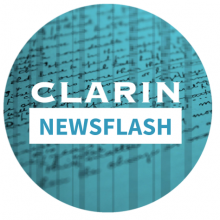
Read the most recent CLARIN Newsflash: August 2019 here
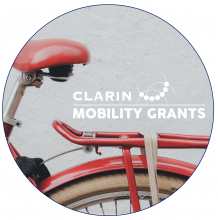
The CLARIN Mobility Grant made it possible for Ondřej Košarko (LINDAT/CLARIN) to help with setting up a CLARIN DSpace repository at the Oxford Text Archive (OTA) and to provide hands-on experience managing and customizing the installation.
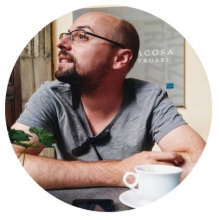
In this Tour de CLARIN blog post, we present an in-depth interview with Ondřej Tichý, a corpus linguist who is deputy chair of the Department of English Linguistics at the Facuty of Arts at Charles University. Dr Tichý collaborates with and is a regular user of the Czech National Corpus
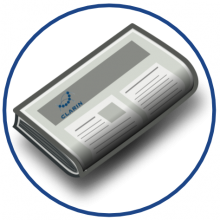
In this issue: CLARIN SPF extended with Cyprus, New CLARIN Identity Provider version, DataCite membership, DH Course Registry
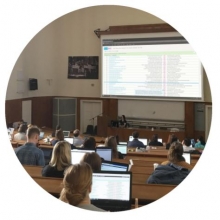
The Czech National Corpus (CNC) is a long-term academic project with the main aim to continuously map the Czech language by building, annotating and providing access to a variety of large general-purpose corpora. It has been recognized by CLARIN as a Knowledge-Centre in 2018.

In this Tour de CLARIN blog post, we present an in-depth interview with Kaja Dobrovoljc, a Slovenian corpus linguist who works at the Centre for Language Resources and Technologies and regularly collaborates with CLARIN.SI and uses its infrastructure.
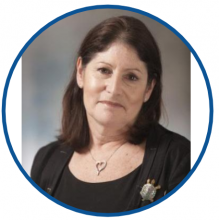
In this Tour de CLARIN blog post, we present an in-depth interview with Nan Bernstein Ratner, who is along with Brian MacWhinney one of the PIs of FluencyBank, a shared database for the study of the development of fluency in typical and disordered populations.

CLARIN Slovenia (CLARIN.SI) has contributed to several user involvement events which presented the results of the project to different user groups.
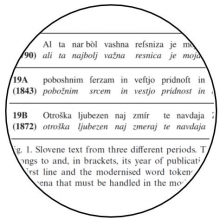
Read about the CSMTiser, a supervised machine learning tool that performs word normalization by using Character-level Statistical Machine Translation.
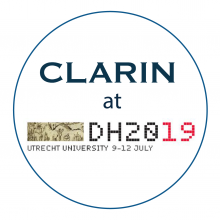
In collaboration with CESSDA, DARIAH, PARTHENOS and SSHOC, CLARIN is running a booth at DH2019 where you can find out more about what these five European initiatives do to support the Digital Humanities.

In collaboration with CESSDA, DARIAH, PARTHENOS and SSHOC, CLARIN is running a booth at DH2019 where you can find out more about what these five European initiatives do to support the Digital Humanities.

In collaboration with CESSDA, DARIAH, PARTHENOS and SSHOC, CLARIN is running a booth at DH2019 where you can find out more about what these five European initiatives do to support the Digital Humanities.
